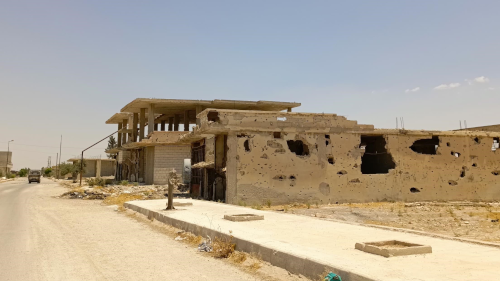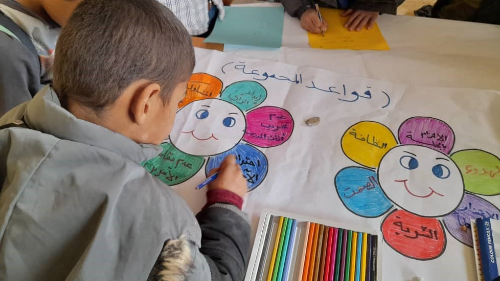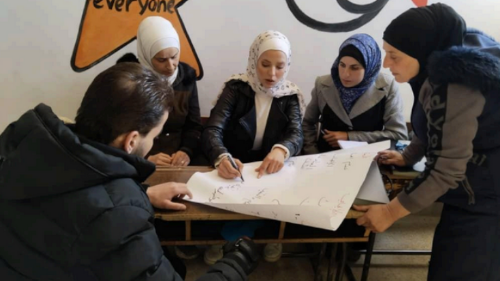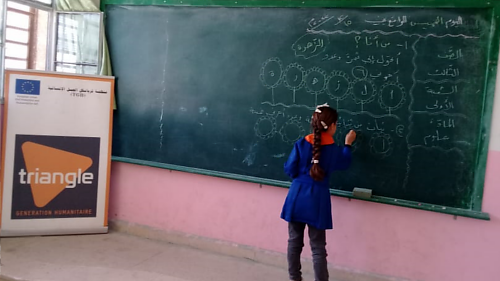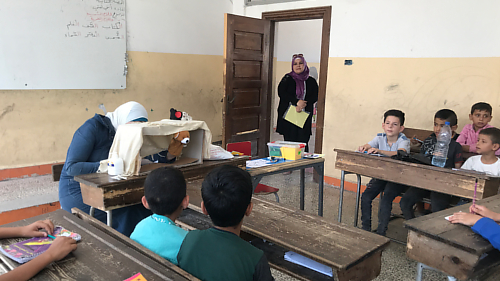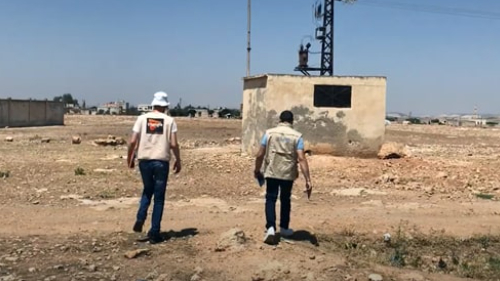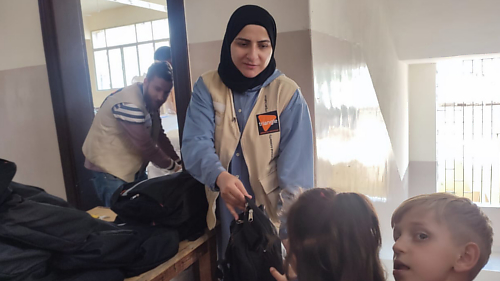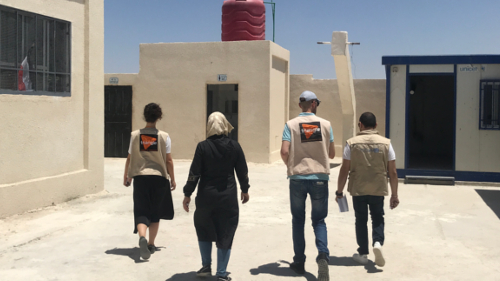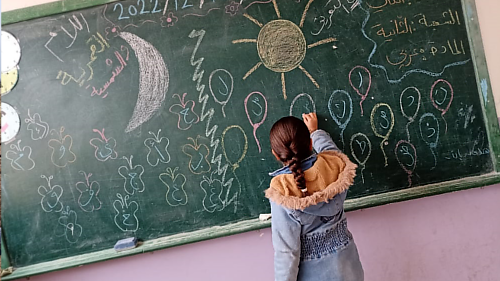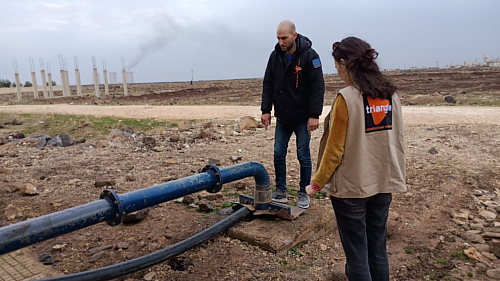Syria has been the scene of multiple crises since 2011. The extreme violence of the conflict has resulted in the deaths of more than 500,000 people and the displacement of 7.4 million people internally and 6.5 million externally, making Syrians the largest refugee population in the world. The length and scale of the conflict has led to the fragmentation of the country, particularly following the intervention of foreign powers and the establishment of terrorist groups in the country.
Since 2019, Syria has been hit by a major economic crisis, which has exposed the country’s structural weaknesses and very rapidly affected the living conditions of the population. This crisis has been compounded by the effects of the Covid-19 pandemic, which has added to the already immense humanitarian needs. Syrians now face soaring inflation, rising costs of living and inconsistent access to water and electricity.
The 7.8 magnitude earthquake of 6 February killed at least 8,478 people and injured 14,500 in northern and western Syria, in addition to causing immense material damage, mainly in the provinces of Aleppo, Latakia and Hama.
The consequences of this situation are still with us today: as of may 2025, an estimated 16.5 million Syrians are in need of humanitarian assistance.
In December 2024, Syria experienced a major change with the fall of Bashar al-Assad’s regime. This reversal of power creates new challenges, which notably translate into a wave of Syrian returnees in an already very fragile humanitarian context. According to the UNHCR, more than 500,000 Syrians returned to Syria via neighboring countries between December 2024 and May 2025.
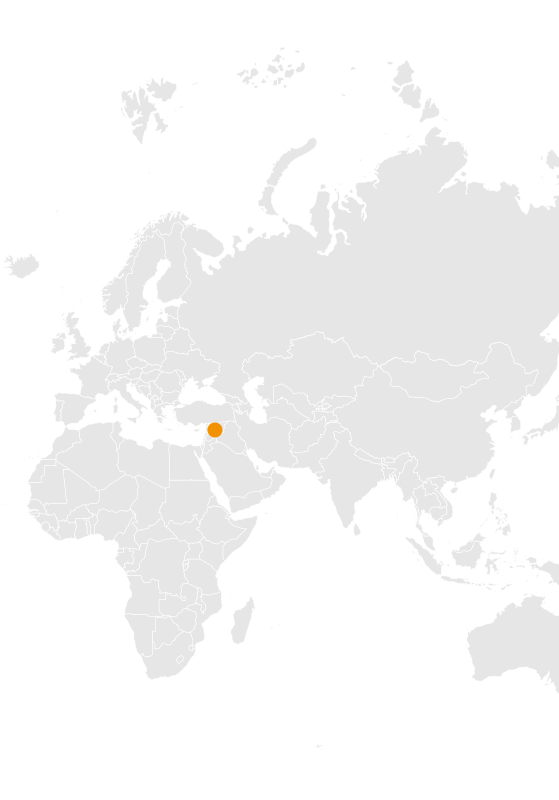
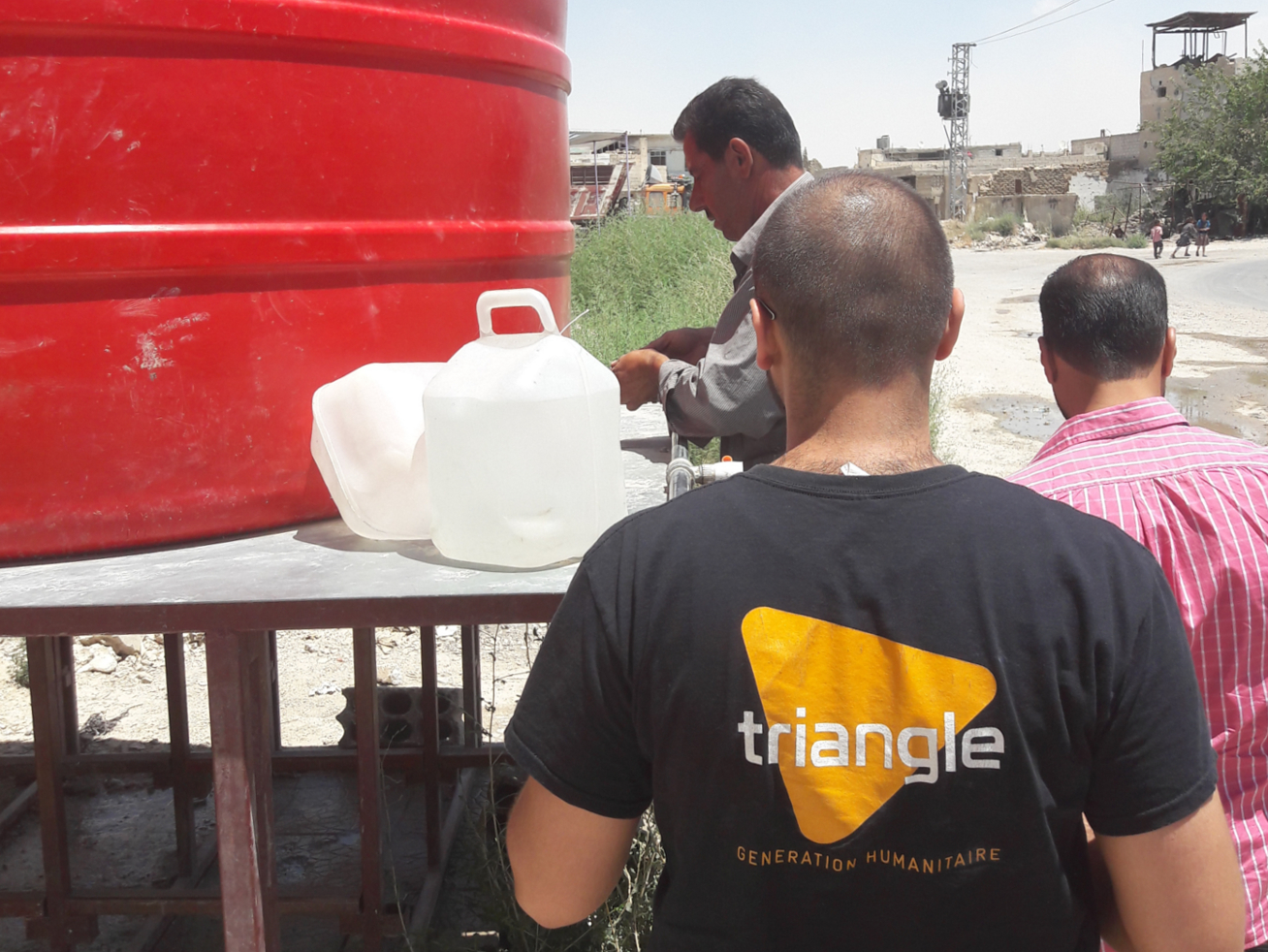
TGH has been operating in Syria since 2018 and has developed a programme that includes an integrated multi-sectoral, needs-based, people-centred and area-based approach.
TGH is working in the field of education, rehabilitating infrastructure and offering non-formal education courses to enable children to return to school. The UN estimates that 6.9 million children and education staff are in need of humanitarian assistance. TGH has also set up social support activities to identify children with specific needs and direct them towards appropriate care. Cash transfers are also offered to families in very precarious economic situations to enable them to keep their children in school and thus combat the use of child labour. Since 2023, TGH has also been promoting access to technical and vocational training for school leavers and young people unable to complete their schooling.
TGH is also working to improve access to water and hygiene by restoring wells and water storage facilities and replacing equipment that has been destroyed, either by the conflict or, more recently, by the earthquake. TGH also carries out hygiene awareness activities and distributes hygiene kits (family kits and women’s kits).
Following the earthquake in February 2023, TGH extended its activities to the governorate of Aleppo, as well as the rural areas of Damascus, Idleb South and Dar’a.
Faced with the challenges of a new context, TGH is committed to continuing its action and to continue to support the Syrian population.


